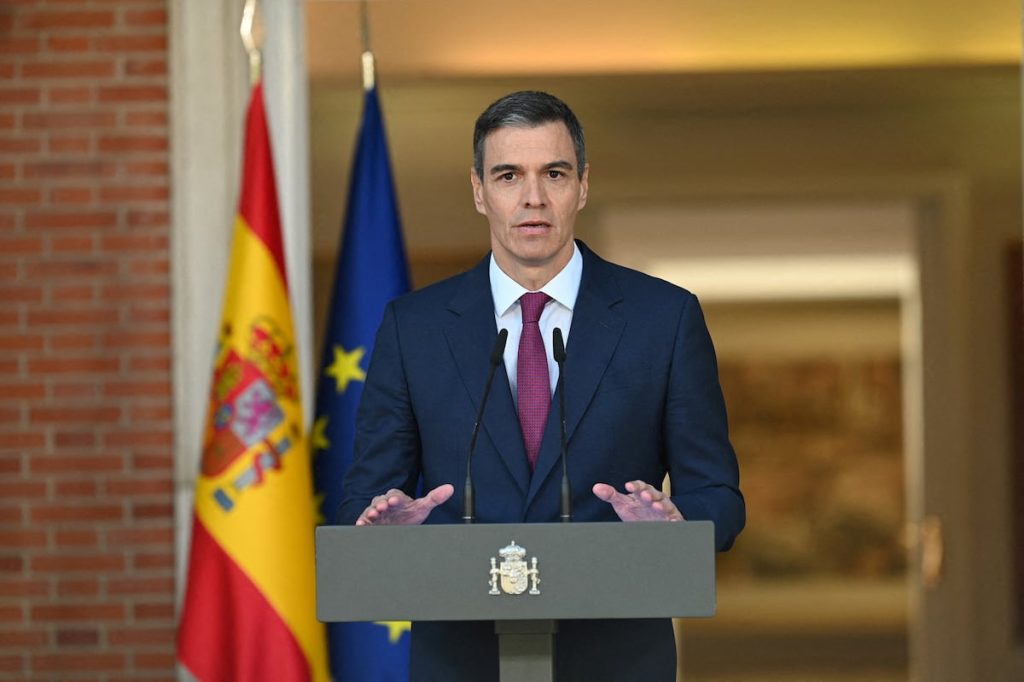Pedro Sánchez announced yesterday his decision to continue as the President of the Government, ending one of the most puzzling episodes in recent Spanish political history. This was the result of a five-day reflection, during which he considered resigning. His public announcement caused political stress, but his decision brought stability back to Spain at a crucial moment, with Catalonia’s regional elections approaching and the upcoming European elections. The President’s hypothetical resignation would have led to prolonged negotiations and paralysis, which would have affected Spain’s stance in EU power-sharing discussions.
The majority parliamentary support for Sánchez remains intact, as seen by the relief expressed by the Socialists and their allies in Congress at his decision to continue. However, it was met with bitterness from Catalan separatists, who were eclipsed during their campaign. The lack of an opposition leader’s motion of censure indicates a lack of support for such a move. Sánchez’s return to office surprised many, and his announcement lacked specifics regarding how he plans to address the issues he faced during his five-day reflection period, including the harassment of his family.
The President’s commitment to a plan of action must be explained and implemented in parliament. If this plan involves significant changes to the legislative agenda, Sánchez may need to seek a vote of confidence to garner broader support beyond his usual allies. This is crucial as addressing disinformation and the politicization of the judiciary may challenge fundamental pillars of the rule of law. However, achieving such broad consensus in the current political climate may be difficult, but it is necessary to move forward.
Sánchez’s retreat to La Moncloa for five days ignited a debate on the ethical limits of ideological rivalry and the weaponization of misinformation on social media. As the leader of the government, he must engage with the opposition leader to address the growing social divide in Spain. While Núñez Feijóo responded with criticism, it is up to Sánchez to take the lead in bridging the divide and navigating the complex political, judicial, and media landscape in the country. Both sides must avoid using divisive methods and emotional appeals in order to focus on institution-based policies.
A serious attempt at regeneration in Spain requires a departure from defensive tactics and moralistic rhetoric. Political leaders must prioritize institutional solutions and policymaking to mend the country’s political fabric. This means moving away from emotional rhetoric and moral grandstanding towards a more pragmatic, inclusive approach that can navigate Spain out of its current political turmoil.















